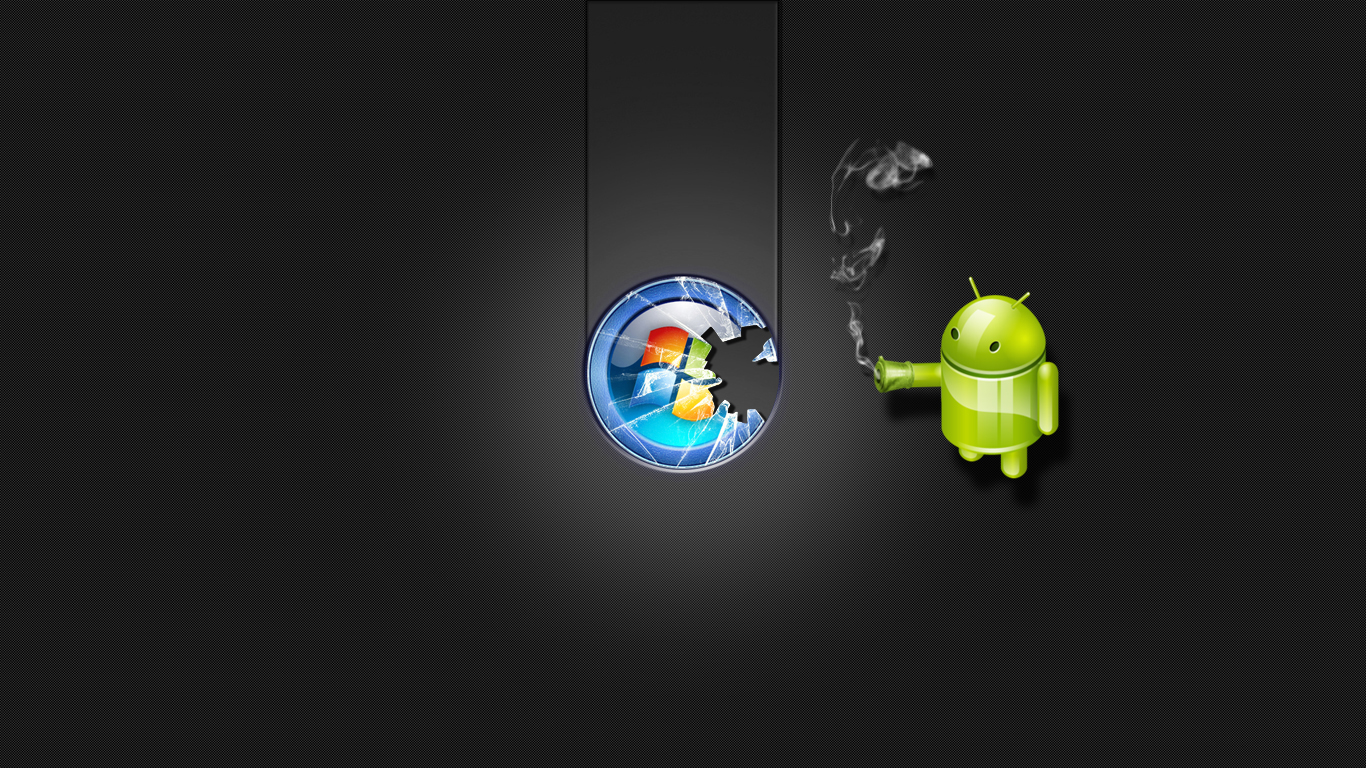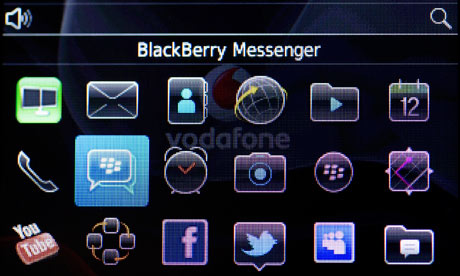If your name is Samsung, you should be pretty pleased with yourself these days. The company's smartphones and tablets are number one in South Korea, which should be no surprise because that's where it's headquartered.
But Samsung is killing it all around the world. According to the latest research from Strategy Analytics, "global tablet shipments reached 51.7 million units in the second quarter of 2013. Android secured a robust 67 percent global share, while Apple iOS declined further to 28 percent. Windows also fell back but secured a 4.5 percent global share." My own research suggests that of all the branded tablet vendors, Samsung sells the most Android mobile devices and has become Google's largest branded partner for Android. Keep in mind though, that a lot of this Android tablet growth came from white-box makers and ultra-cheap Android tablets.
So yes, Samsung should give itself a pat on the back. It has become aggressive in retail and even has its own dedicated stores within Best Buys, which allow it to sell through an additional channel as well as have a concierge desk to answer customers' questions on the spot.
But the secret to its success seems to be tied to its various promotions that make it tricky for researchers to track profits. I happened to be in the United Kingdom last week and decided to go to CarPhone Warehouse, a top smartphone retailer, to buy a cheap unlocked phone that I could use in Europe. While in the store a special Samsung promotion really caught my attention. For $26 per month with a 24-month contract you could purchase a bundle that included a Samsung Galaxy Ace smartphone and a 7-inch tablet. For $42 per month with a 24-month contract you could buy a Galaxy S III$249.99 at Amazon Wirelessand a 7-inch tablet. Both smartphone plans included 300 minutes of talk time and 500MB of data and of course, you could buy more talk time and data. This is a really good deal for U.K. customers but also for Samsung since both of the devices offered run Android and help Samsung double its sales to a single customer.
Similar aggressive promotions are going on in other parts of the world and I would not be surprised to see Samsung eventually do a promotion in the United States. This suggests that Samsung, of all the branded players in the Android market, is determined to stay on top of the smartphone and tablet market at all costs, and in the process champion Android for Google, at least for now.
While ultimately this is good for Google and the advancement of Android, I am not sure how good this is for Samsung. It is a unique company because it is vertically integrated, meaning it makes its own processors, screens, and memory. However, it does not completely control its destiny because it farms out its OS to Google and is thus highly dependent on Mountain View. Apple, on the other hand, completely controls its fortune since it owns the hardware, software OS, and services.
With such influence in the mobile market, Samsung should be able to go to Google and ask for a larger share of the Android-related revenue that flows through any Samsung device. But Google will refuse because sharing more of the revenue with Samsung would mean it would have to do that with other Android vendors as well.
With that in mind, many analysts are closely watching Samsung's decision to merge its own mobile OS, Bada, with another open-source OS called Tizen. While we don't expect Samsung to drop support of Android any time soon, the fact that it is also backing Tizen is quite interesting. Indeed, it recently launched its first Tizen smartphone and sources suggest a Tizen-based tablet is in development too. While all of the apps on the devices are Android, at least one software emulator is in the works that would allow Android apps to run on Tizen.
If Tizen was the core OS on a Samsung device, it could do deals with software developers directly as well as with various service providers and keep any shared revenue driven by paid apps and services all to themselves.
I find it hard to believe that Samsung wants to continue to boost Android without more control of this mobile OS and better revenue sharing. At some point, I believe Samsung could bite the bullet and migrate to Tizen.
One could argue that Samsung tinkering with Tizen is actually a ploy to get Google to compromise. I don't think that's the case. I think Samsung is feeling its oats and knows full well that it now has the clout to cultivate its own OS over time. I wouldn't be surprised if the company starts moving to Tizen in a calculated and strategic way in order to take control of its success and grow its market on its own terms, not Google's.









